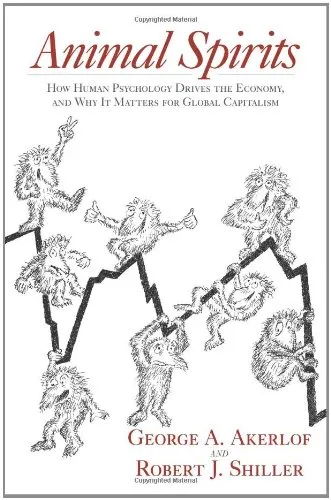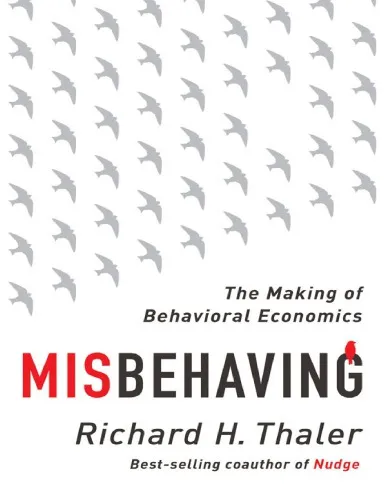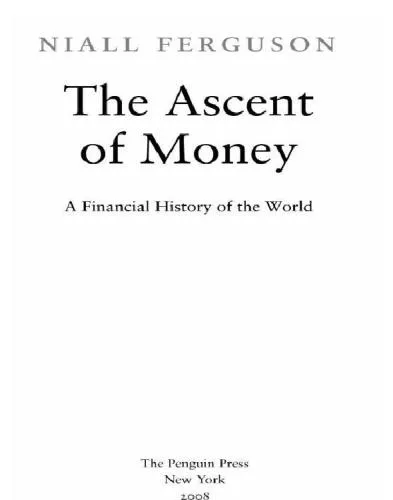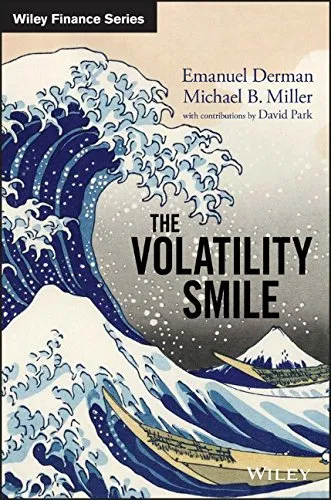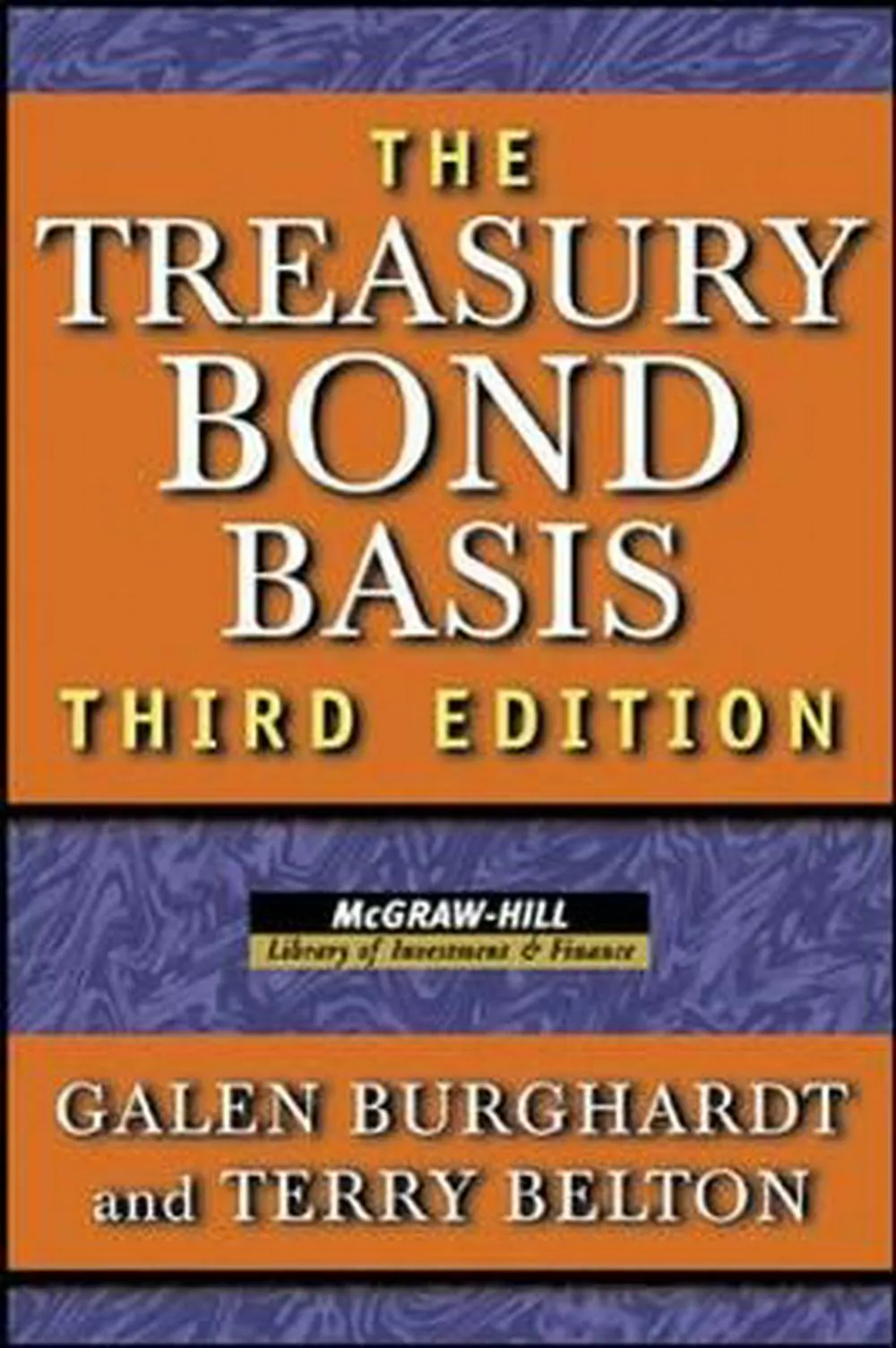Animal Spirits: How Human Psychology Drives the Economy, and Why It Matters for Global Capitalism
4.3
Reviews from our users

You Can Ask your questions from this book's AI after Login
Each download or ask from book AI costs 2 points. To earn more free points, please visit the Points Guide Page and complete some valuable actions.Related Refrences:
In "Animal Spirits: How Human Psychology Drives the Economy, and Why It Matters for Global Capitalism," George A. Akerlof and Robert J. Shiller delve deep into the often overlooked psychological and emotional factors that influence economic decisions and outcomes. Drawing upon both historical precedents and modern economic challenges, the book explores how human behaviors, driven by 'animal spirits,' can shape market dynamics, drive economic cycles, and necessitate new approaches in economic theories and policies.
Summary of the Book
The book challenges the classical economic viewpoint that markets are driven purely by rational decision-making. Akerlof and Shiller emphasize the role of psychological factors, which John Maynard Keynes famously termed 'animal spirits.' These include confidence, fairness, corruption, money illusion, and the stories we tell ourselves about economic events. The authors argue that understanding these elements is crucial for addressing issues such as unemployment, savings, and recessions.
Divided into carefully articulated sections, the book initially outlines the concept of animal spirits, explaining how these psychological influences can lead to fluctuations in the economy. It then delves into how these forces affect individual financial decisions and, in turn, impact the broader economic landscape. Through real-world examples and empirical evidence, the authors assert that economic policies must adapt to these human motivations and emotional responses to improve global capitalism's effectiveness.
Key Takeaways
- Human Psychology in Economics: The book emphasizes that psychological factors significantly influence economic behaviors, often in unpredictable ways.
- Beyond Rationality: Markets are not purely driven by rational decision-making; instead, emotions and mental narratives play a crucial role.
- Policy Implications: Understanding animal spirits is vital for crafting effective economic policies that can address contemporary financial challenges.
- Broader Understanding of Cycles: The recognition of psychological influences offers a deeper understanding of economic cycles, including booms and busts.
- Holistic Economic Models: The book urges for the development of new economic models that incorporate both rational and irrational behaviors.
Famous Quotes from the Book
"Animal spirits is a term used by Keynes to describe the emotions that influence human behavior and, by extension, economic decision-making. They are central to understanding economic fluctuations that otherwise seem irrational."
"Confidence is an especially critical animal spirit in ensuring our economic prosperity and stability."
"Understanding the role of stories in economics is crucial to understanding how people form expectations about the economy's direction."
Why This Book Matters
In an age where economic theories are continuously being tested against the backdrop of global financial crises, "Animal Spirits" offers a refreshing perspective that challenges traditional economic dogma. By highlighting the influence of emotions and psychology on economic behavior, Akerlof and Shiller present a compelling case for integrating behavioral economics into mainstream economic thought. This approach not only enhances our understanding of existing economic dynamics but also provides valuable insights for policymakers, economists, and anyone interested in the mechanics of modern capitalism.
This book matters because it bridges the gap between economics and human behavior, encouraging a more nuanced approach to solving economic issues. It calls for reforms that consider the complexities of human nature, ultimately proposing a more humane and grounded version of capitalism that better serves communities worldwide.
Free Direct Download
You Can Download this book after Login
Accessing books through legal platforms and public libraries not only supports the rights of authors and publishers but also contributes to the sustainability of reading culture. Before downloading, please take a moment to consider these options.
Find this book on other platforms:
WorldCat helps you find books in libraries worldwide.
See ratings, reviews, and discussions on Goodreads.
Find and buy rare or used books on AbeBooks.
1524
بازدید4.3
امتیاز0
نظر98%
رضایتReviews:
4.3
Based on 0 users review
Questions & Answers
Ask questions about this book or help others by answering
No questions yet. Be the first to ask!
